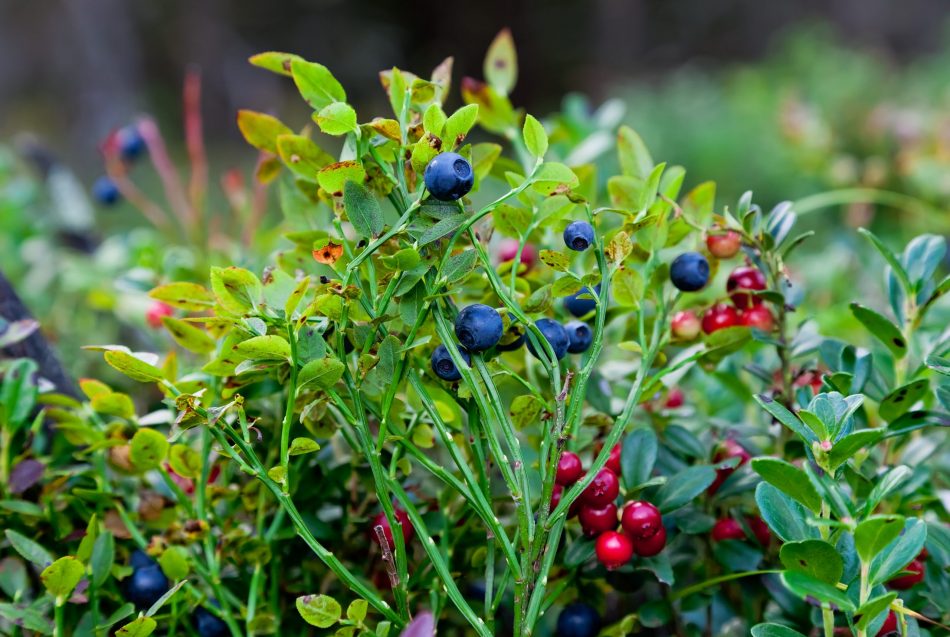Though we cannot change the genes we inherit at birth, we can influence the way those genes are expressed. That is the power of epigenetics, which refers to the biochemical regulators of our gene expression.
As described in MindBodyGreen, these regulators consist of tiny molecular compounds that attach themselves to our DNA and structures around our DNA and change how our genes are read. To influence and optimize our epigenetics, the most powerful thing you can do is improve your diet. More specifically, there are several dietary compounds that act as epigenetic adaptogens, which can help to optimize gene expression, health outcomes, and aging.
From combatting heart disease to improving immunity, adding epigenetic adaptogens can have a powerful influence over the way your body functions. Below, you’ll find six key foods that will give your body the epigenetic adaptogens it needs.
Cruciferous vegetables: Arugula, cabbage, kale, bok choy, and broccoli are examples of cruciferous vegetables that are rich in the epigenetic adaptogen sulforaphane.
Berries: Besides being a sweet treat, berries are high in methylation adaptogens including anthocyanins, chlorogenic acid, ellagic acid, and quercetin. For the highest concentrations of these adaptogens, choose for smaller, wild varieties of berries.
Turmeric: The epigenetic adaptogen in turmeric is curcumin, which is a common ingredient in curry spices. For optimal absorption, it’s good to combine turmeric with black pepper and a little fat in your cooking.
Shiitake mushrooms: It is thought that the shiitake mushroom has epigenetic adaptogens with the ability to regulate the expression of oncogenes (tumor-promoting genes). On top of that, these mushrooms are known to have anti-cancer benefits.
Rosemary: In rosemary, we find the methylation adaptogen rosmarinic acid. To make it a part of your diet, try adding some dried or fresh rosemary to your cooking, or enjoy it as a tea with lemon slices.
Green tea: Green tea contains the epigenetic adaptogen, epigallocatechin gallate (EGCG). You can get the most EGCG out of your green tea by allowing it to steep in just-boiled water for 10 minutes. Green tea also contains much less caffeine than black tea or coffee.
While there’s still much research to be done on the power of epigenetics, it’s not a bad idea at all to make these adaptogens a part of your diet to optimize your gene expression and improve your overall well-being.












